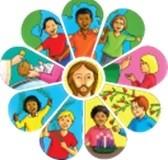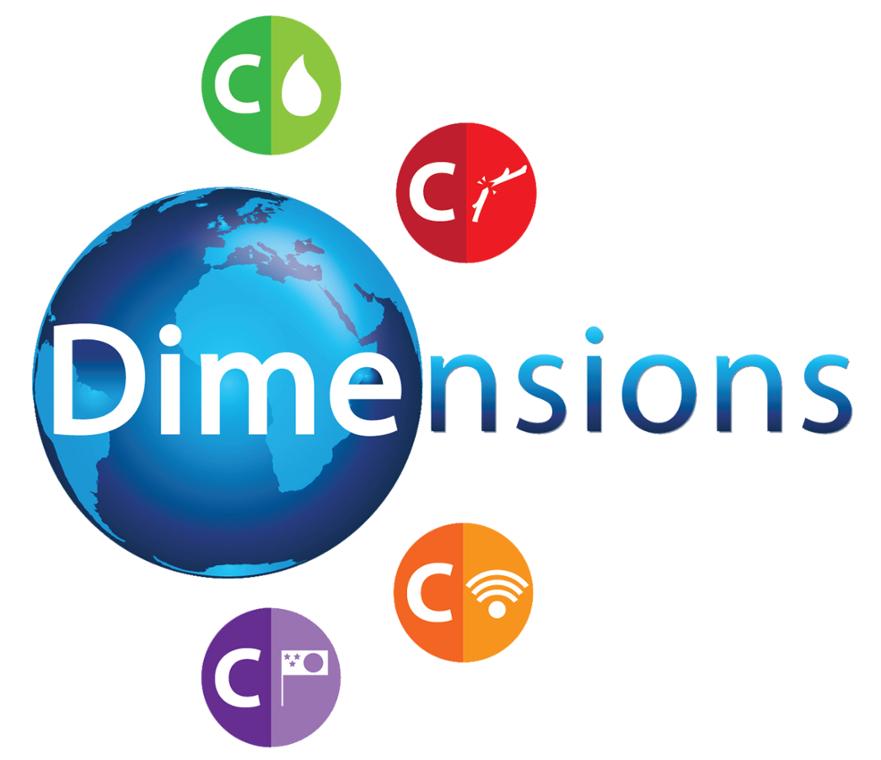Our Curriculum
At St. Mary of the Angels Catholic Primary School we study Religious Education, the National Curriculum and age appropriate Relationships and Health Education.
We offer a provide a broad, balanced and creative curriculum to enable every child to develop their gifts from God and be the best they can be. We aim to:-
- create a welcoming, happy, secure and caring environment in which all can work and achieve their full potential;
- provide a broad, balanced and creative curriculum that meets the spiritual, emotional, moral, intellectual and physical needs of all pupils and prepares them for the responsibilities of adult life;
- develop a spirit of care, generosity, forgiveness and equal opportunity within our multicultural community through prayer and living our faith;
- worship together as a community, celebrating meaningful and appropriate liturgy
- ensure that the prayer life of all in our school community is nourished, guided and developed
Religious Education
Religious Education is at the core of our curriculum. We work in partnership with parents and carers and our school parish to develop in our pupils a loving relationship with God and each other by following Jesus in all that we think, do and say. For more information on Religious Education please click on the Religious Education tab the Our Curriculum section.
Statutory Curriculum
We also study the Statutory Framework for the Early Years Foundation Stage, the National Curriculum for Key Stages 1 and 2 and age appropriate Relationships and Health Education.
Click here to view the Statutory Framework for the Early Years Foundation Stage
Click here to view the National Curriculum for Key Stages 1 and 2 Framework
Click here to view information regarding our curriculum for Relationships and Health Education
Learning Means the World
Our Learning Means the World curriculum, developed in partnership with Dimensions Curriculum, supports us in achieving our aims by equipping pupils to build knowledge, skills, attitudes and values, through well-planned and resourced cross-curricular theme units. The themes put communication, conflict, culture and conservation, four important and highly relevant world issues known as The 4 C’s, at the heart of learning. Our curriculum is connected, evidences clear progression and demonstrates a consistent approach to teaching and learning throughout the school.
Communication
We believe that developing excellent communication skills is essential for equipping our pupils for the future. Communication is the foundation of all human relationships and spreads knowledge and information. Therefore, we want our pupils to learn how to communicate clearly and positively, using verbal and non-verbal skills to get their ideas and feelings across, to receive other people’s messages and to resolve conflict.
Our curriculum provides a wealth of opportunities for pupils to develop their language and vocabulary, helping them to articulate their learning, express their thinking and opinions clearly in discussions, debates and presentations, as well as enabling collaboration and the exchange of ideas. We ae supported in our universal approach to developing pupils verbal and non-verbal communication skills by Marie Hart, our Speech and Language Therapist, from Westminster Bridge School who is in school one day a week.
Our aim is that by the end of Key Stage 2, pupils will be able to communicate in ways that build and maintain positive relationships through focused listening, confident speaking, sharing ideas and explaining clearly. They will know how communication has developed through time and the chronology of technology, now our currentmain means of communicating. They will also learn how to communicate in an assertive way, avoiding conflict through mutual respect.
Culture
We believe an understanding and appreciation of other cultures is vital in building and maintaining successful communities. An appreciation of cultural diversity goes hand-in-hand with a just and equitable society and helps to overcome and prevent discrimination. Our local community is a diverse fusion of people of many religions, languages and economic and cultural groups. While over 90% of our pupils are Catholic, our school community speaks 28 different languages and we make the most of all the opportunities available to our school which is at the heart of London, our capital city. We are supported in this through our longstanding partnership with Westminster Children’s University more information about which can be accessed here.
Our aim is that by the end of key Stage 2, pupils will be able to define and identify the characteristic features of culture and understand why cultural diversity is important. They will be able to talk about the features of a range of different cultures from around the world, explaining some of their similarities and differences. They will also learn how culture affects perception and influences behaviour.
Conflict
We believe pupils need to learn how to build resilience, handle disagreements constructively and resolve their differences. Developing an understanding of sources of conflict through the study of world history is essential in providing pupils with opportunities to see things from others points of view and so learn about and understand our differences. We can all live harmoniously, despite conflicts, as long as we know how to responsibly manage these struggles.
Our aim is that by the end of Key Stage 2, pupils will be able to define conflict and explain the key reasons as to why conflict exists. They will also be able to give specific examples of conflict, both past and present, on a local, national and global scale. On a personal level, they will learn how to handle disagreements constructively andresolve their differences peaceably.
Conservation
‘When we damage our earth, as well as damaging the environment, we also cause great damage to other people. Humans are a part of the environment too and those who pay the greatest price are people who already live in poverty. Christians believe that God created the whole earth, so it is special. Creation shows God’s power and great love for all life.’
Pope Francis, Laudato Si, 2016
We want our pupils to develop as stewards of creation who can really make a difference in their local area and beyond. The practice of caring for Earth’s natural resources (including air, water, soil, minerals, fuels, plants and animals) is vital so that all living things can benefit from them, both now and in the future.
Our aim is that by the end of Key Stage 2, pupils will be able to define conservation, outline key areas e.g. biodiversity and understand why it is such an important world issue. They will learn how we can live more sustainably, understanding the importance of
natural resources and renewable energy. On a personal level, they will learn how they can make a difference by reducing their carbon footprint and behaving in a more environmentally responsible way.





